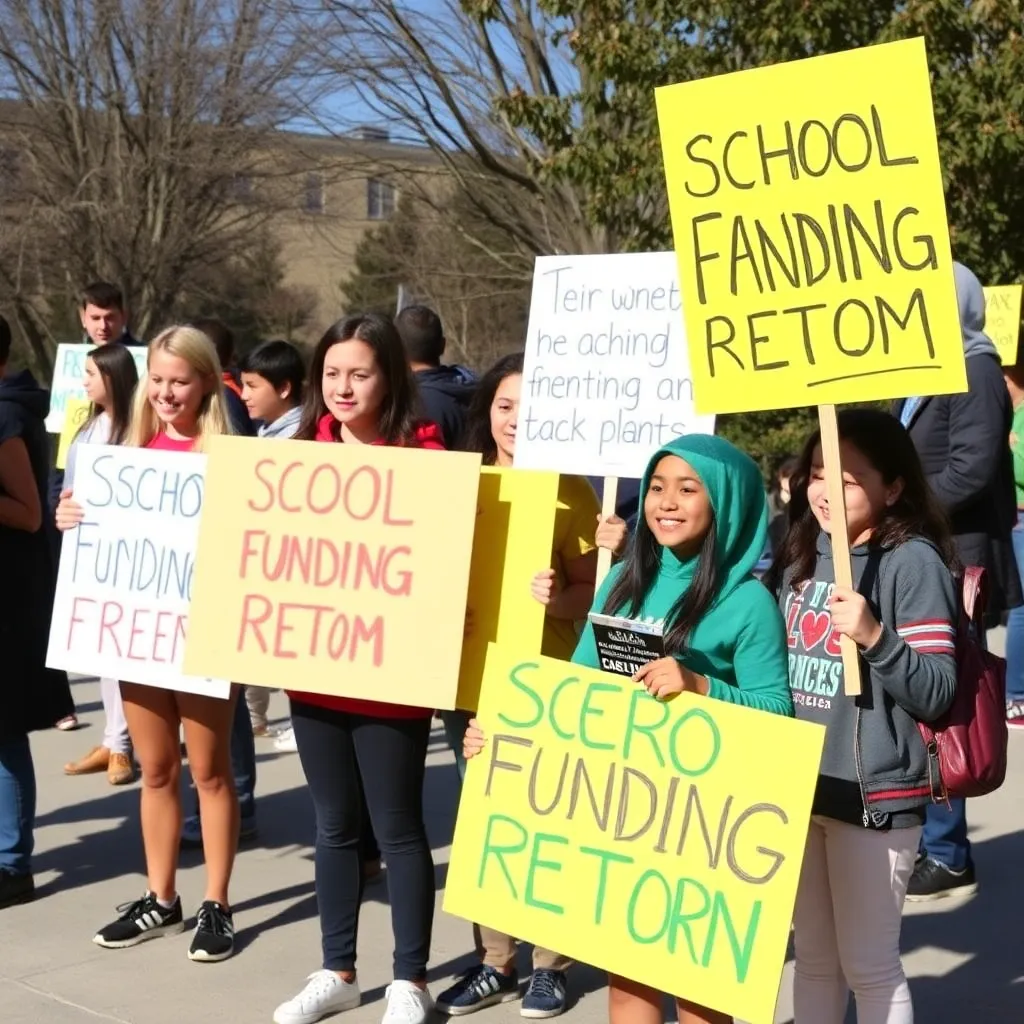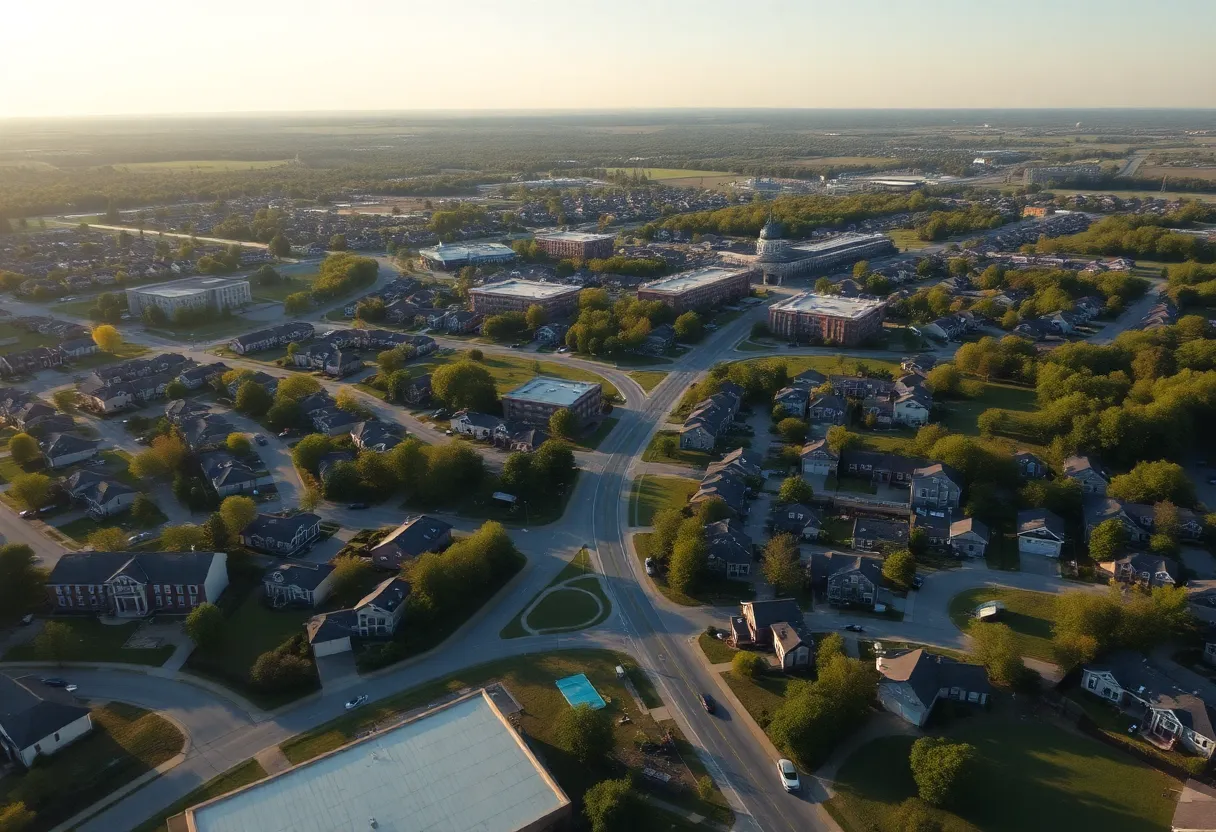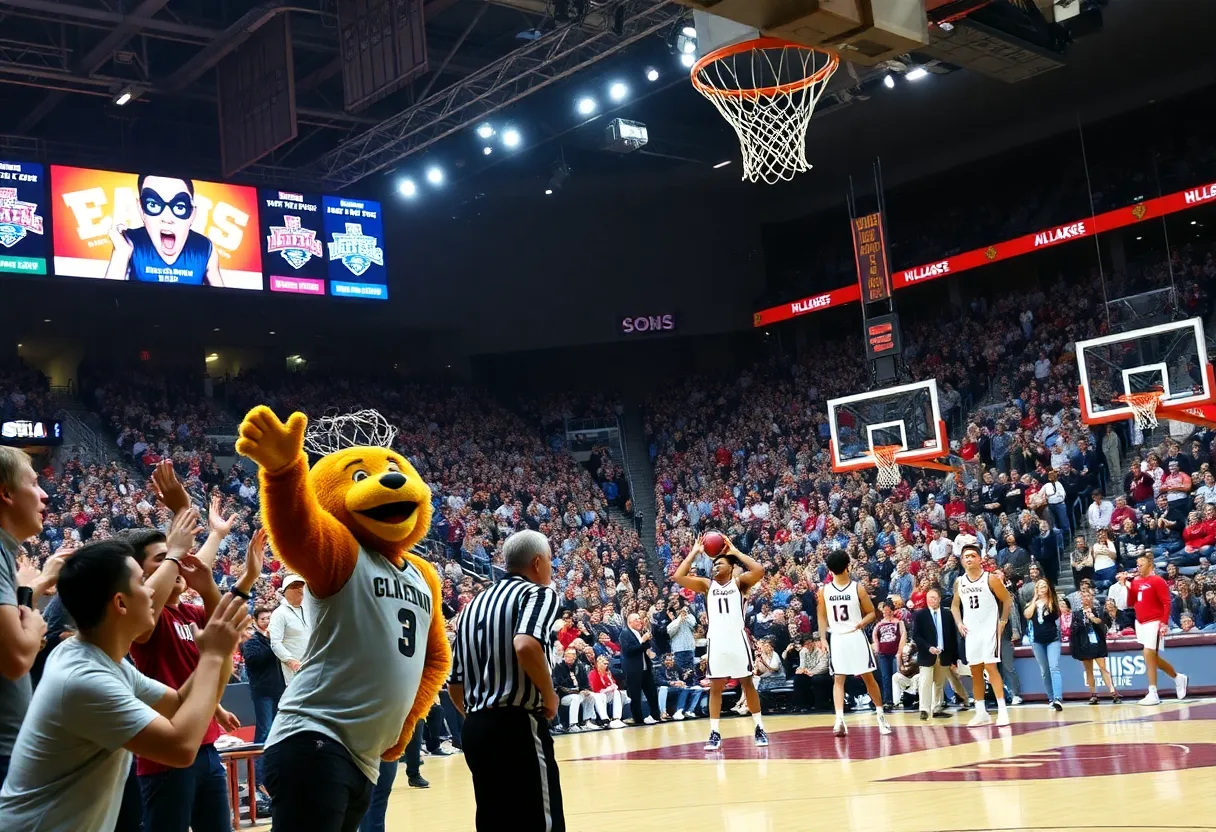Student Voices Raised Against Amendment 2 in Louisville
LOUISVILLE – As voters gear up for an important election day, students at Trinity High School are taking a stand against Amendment 2, a Kentucky ballot measure that seeks to allocate public tax funding for private schools. Amid the backdrop of yard signs proclaiming “YES on 2!,” student opinion is sharply divided, and disappointment is palpable among those who favor equitable public school funding.
The Background: What is Amendment 2?
Amendment 2 proposes that public tax money can be used to fund private school tuition, an initiative that proponents argue would enhance “school choice” for families across the state. In Kentucky, 65% of non-public schools can be found in Louisville, Lexington, and Northern Kentucky, leading many to believe that it would allow greater access to quality education.
Who is Speaking Out?
Liam Amick, a senior at Trinity High School, has voiced his concerns about the impacts of Amendment 2. Having experienced both public and private education, Amick believes that the amendment reflects a narrow view of education access which does not consider the needs of students in rural areas, where opportunities for non-public schooling are virtually nonexistent.
Where is the Opposition Coming From?
Amick, alongside members of Trinity’s Student Government and Faculty Senate, requested the removal of the “YES on 2!” signage from school grounds. However, their inquiries were met with resistance, as the archdiocese mandated their display on campus and reinforced that they would not be taken down. This lack of dialogue around the amendment has left some students feeling stifled in voicing their dissent.
Why Vote No on Amendment 2?
Amick argues that while there may be a $1 billion budget surplus in Kentucky, the funding distribution will not favor public schools. House Appropriations and Revenue Chair Jason Petrie stated that while there might be targeted investments in school facilities, the reality is that public schools will likely suffer declines in critical funding.
Furthermore, private schools like Trinity already possess significant financial resources, as evidenced by recent expenditures such as a $750,000 video board at their football stadium. Amick highlights that this money could have been reallocated to provide financial aid for students in need, rather than enhancing school facilities.
The Consequences of Cutting Public School Funding
Amick’s experiences in the Governor’s School for the Arts and the Governor’s Scholars Program have shown him the importance of public school funding for access to free educational programs. Namely, he warns that cuts to funding could harm opportunities for students across the state and limit participation in programs that benefit public education.
Final Thoughts Before the Vote
For those within the educational community and beyond, the impact of Amendment 2 is potentially significant. As Kentucky voters approach election day, Amick and others urge their peers to consider the broader implications. “Vote No On 2,” he implores, emphasizing that supporting public school funding will ultimately benefit the entire state.
As the conversation around education policy continues, the voices of young students like Amick are likely to play an essential role in shaping the future of education in Kentucky.
Author: STAFF HERE LEXINGTON KY STAFF
The LEXINGTON STAFF WRITER represents the experienced team at HERELexingtonKY.com, your go-to source for actionable local news and information in Lexington, Fayette County, and beyond. Specializing in "news you can use," we cover essential topics like product reviews for personal and business needs, local business directories, politics, real estate trends, neighborhood insights, and state news affecting the area—with deep expertise drawn from years of dedicated reporting and strong community input, including local press releases and business updates. We deliver top reporting on high-value events such as Woodland Art Fair, Crave Food and Music Festival, and Railbird Festival. Our coverage extends to key organizations like Commerce Lexington and Blue Grass Community Foundation, plus leading businesses in education, manufacturing, and technology that power the local economy such as University of Kentucky, Toyota Motor Manufacturing, and Lexmark. As part of the broader HERE network, including HEREBowlingGreen.com and HERELouisville.com, we provide comprehensive, credible insights into Kentucky's dynamic landscape.





